Snapshots of Bangladesh’s major export challenges
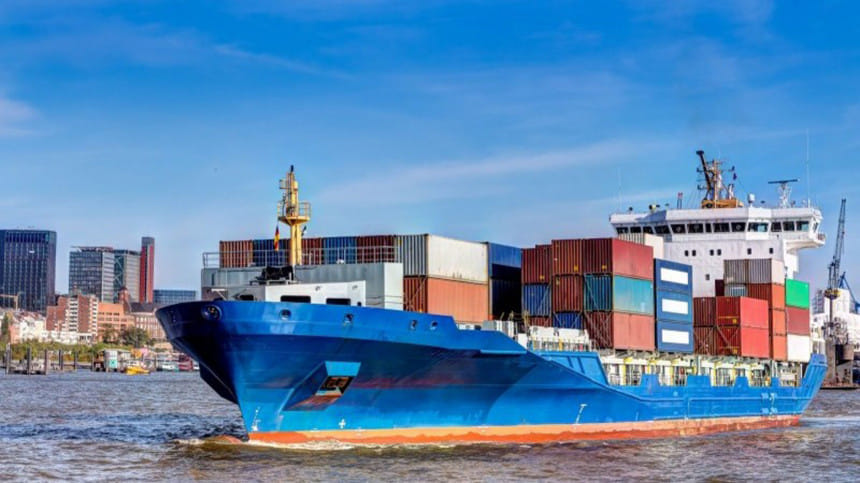
Bangladesh's economy is significantly dependent on its export earnings. The export sector has faced several challenges under the interim government. Business insiders opine that the recent political upheaval has created an uncertain environment for businesses. The interim government's efforts to restore stability are becoming visible, but the situation has led many international buyers in the garment sector to reconsider placing orders in Bangladesh, anticipating potential disruptions.
The garment sector accounts for over 80 percent of Bangladesh's export earnings and has experienced significant obstacles due to worker protests demanding higher wages and better working conditions. These protests have led to the closure of many medium-scale factories as well as production delays, causing concerns among international buyers about the continuity of Bangladeshi suppliers.
Rising temperatures due to climate change have increased heat stress among garment factory workers, potentially affecting productivity, lead times, and timely shipments. Global brands are legally required to address these conditions in their suppliers' factories under new EU regulations, exerting pressure on Bangladeshi exporters to improve working conditions.
In July 2024, discrepancies were identified between export figures reported by the Export Promotion Bureau (EPB) and the National Board of Revenue (NBR). The EPB acknowledged a $3.16 billion mismatch in export data for the July-September period of the previous fiscal year, causing a temporary suspension of regular export data publication. This has confused stakeholders and may affect trade decisions in the future.
The government reduced export incentives across various sectors in July 2024, aiming to encourage exporters to raise competitiveness ahead of the country's graduation from the least developed country (LDC) status in 2026. Business leaders have expressed concerns that curtailing incentives could adversely impact industries already struggling with increased production costs and global competition.
The snowball effect of political turmoil, labour unrest, and reduced incentives has strained the economy. The interim government is seeking international assistance to rebuild the economy, but challenges persist in restoring investors' confidence and ensuring sustainable growth.
To address the major export challenges, the interim government has adopted the following strategies:
* Restoring law and order, which is crucial to regain the confidence of international buyers. The interim government has been working on industrial security and anti-corruption reforms to achieve this.
* Improving working conditions and ensuring fair wages in the garment sector, which are vitally important. The government is reviewing the wage structure and addressing legal concerns for workers to prevent further unrest.
* Reducing logistics costs, which can significantly boost exports. Implementing the National Logistics Policy 2024 aims to lower business costs, enhance competitiveness, and integrate Bangladesh into the global value chain.
* Curtailing dependency on the garment sector by supporting other industries such as leather, agriculture, and electronics. Inconsistent policies have been barriers to export diversification, and addressing these can open new markets. The government is putting efforts into reducing inconsistency.
* While the government has set an ambitious export target of $110 billion by 2027, economists and business leaders are pessimistic about its feasibility due to persisting challenges. Setting achievable goals can help in better planning and execution. The interim government is reassessing previously set export targets to establish more realistic and achievable goals, considering recent data discrepancies and global economic trends.
* Investing in infrastructure, such as ports and transportation networks, which can improve efficiency and reduce costs, making Bangladeshi exports more competitive. The National Logistics Policy 2024 also emphasises infrastructure development.
* Implementing the Export Policy 2024-27, which would help increase annual export earnings to $110 billion by 2027, focusing on product diversification, infrastructure development, and market expansion.
* Strengthening diplomatic and trade ties, particularly with key partners like the US and the EU. The interim government is engaging in dialogues to foster these relationships, aiming to improve market access and trade conditions.
* Stabilising the labour market, especially in the garment sector. The government is working to resolve disputes and improve working conditions to ensure uninterrupted production and maintain buyer confidence.
* Efforts are underway to rectify data collection processes to provide accurate export statistics, which are essential for informed policymaking and maintaining credibility.
* Promoting the inclusion of new products in the export basket, such as handicrafts, vegetables, and light engineering, to reduce dependency on traditional export sectors and tap into unexplored markets.
* Developing logistics, ports, and transportation networks, which is important to enhance export efficiency and reduce costs, thereby increasing competitiveness in the global market.
Lastly, a stable political environment is essential to attract foreign investment and reassure international buyers of Bangladesh's reliability as a global trading partner.
Dr Nasim Ahmed is additional secretary at the Ministry of Home Affairs. He can be reached at [email protected].
Views expressed in this article are the authors' own.
Follow The Daily Star Opinion on Facebook for the latest opinions, commentaries, and analyses by experts and professionals. To contribute your article or letter to The Daily Star Opinion, see our submission guidelines.

 For all latest news, follow The Daily Star's Google News channel.
For all latest news, follow The Daily Star's Google News channel. 

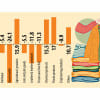

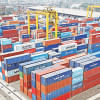
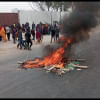


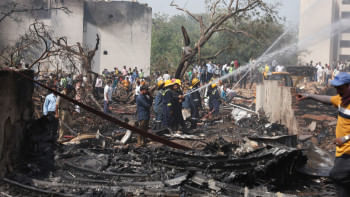
Comments